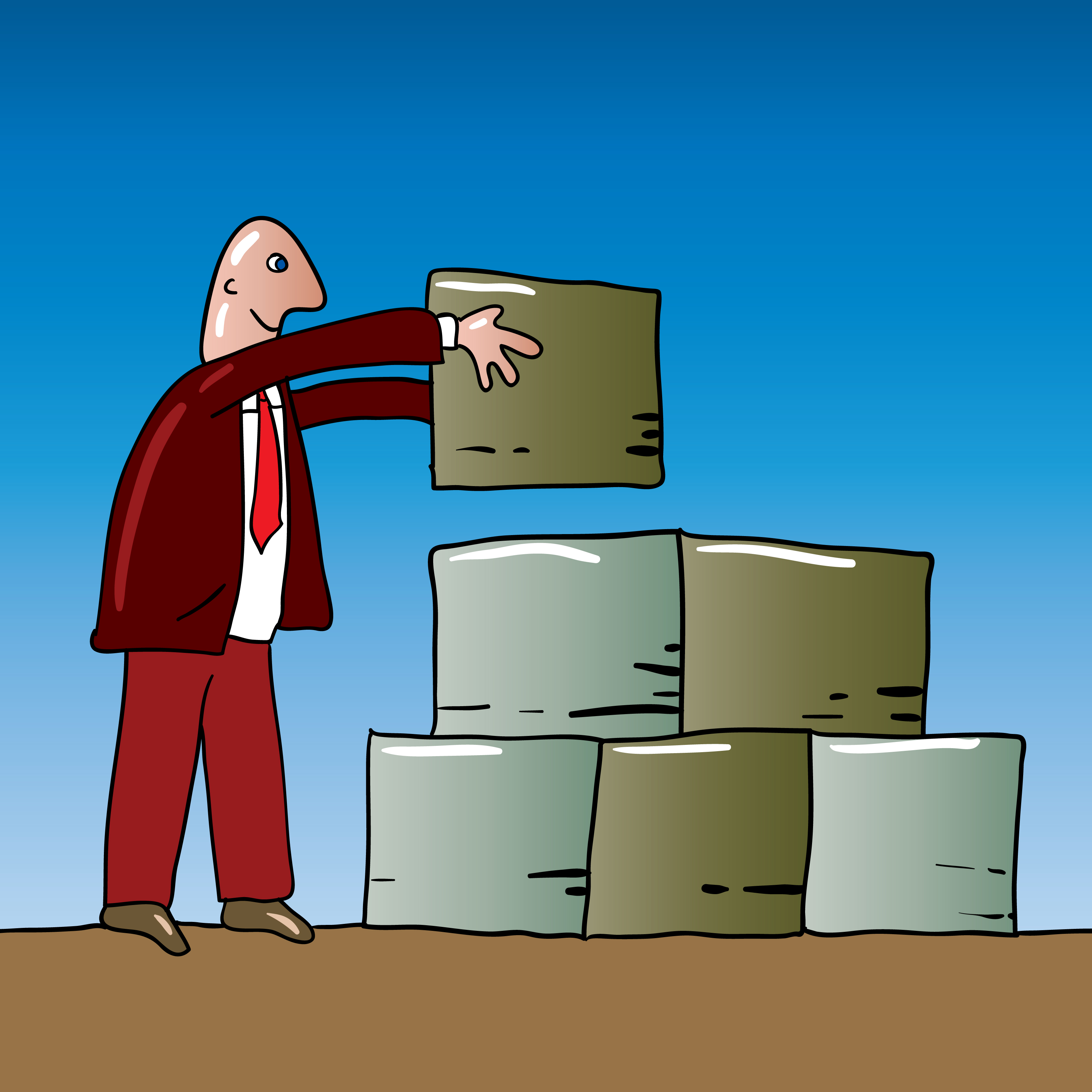
Perhaps the most popular time management model in use today is the one which contrasts the urgent, the important, the unimportant and the non-urgent. The model is easy to understand and simple to put into practice.
What more could you want?
And yet, even for many practitioners of the important versus urgent prioritization matrix, and probably for you too, there never seems to be enough time in the day to get everything done. Why is it that? Is it really just because you fail to plan properly, or is there something more subtle at work?
The weakness in the model is...
...that it fails to teach you how to handle the most critical part of the time management problem we all face. While you can plan to focus on the important and avoid the less important it doesn’t tell to how to handle the real time-stealers, the real focus-killers, interruptions. So what is the “how” that has been omitted? It’s simply this: How to handle interruptions.
Interruptions will destroy your day
And the thing is that it’s because we’ve come to accept them as part of our normal day that we don’t even see them as being the cause of our ongoing lack of productivity. So, how can you manage interruptions? How can you, instead, make the most of your day? To answer that question, you must first understand the extent of the impact they have on you.
Each interruptions – without exception – cost you at least 20 minutes of your productive time
Think about that.If one interruption costs 20 minutes, how many would you need to lose an hour? If you think that the answer is three, then you’re wrong. It only takes two. Just twice. At the beginning of the hour and just 20 minutes later. And the reason for that is that it takes that length of time to recover from the last interruption. How long does your typical interruption last? Five minutes, 10 minutes? Longer? Whatever length of time an interruption takes to deal with, you must then add another 20 minutes to it in order to get back to where you were, in productivity terms, before it happened. So even if it lasted only 5 minutes, two in an hour would eat up 50 minutes at a minimum. But we’re not finished yet. How often do you interrupt others? Doing that is a double-edged sword. It sets you back at least 20 minutes, and it does exactly the same thing for the person that you interrupted. So how can you fix this?
How can you make the most of your day?
You have to prepare for those interruptions in advance. You know they’ll occur; so work out the three to six worse and most common culprits and then create a plan for preventing them from occurring in the first place.
- Limit the number of times you check your email every day. Cut in back to two to four blocks of time when you ‘do email’ – email takes up 35% of the day for many people and it is unlikely to be your real day job. Block out time when you do email and when you don’t – then turn off your email client
- Turn off your phone, or divert it to a colleague, your receptionist or PA, or a human answering service for the most important periods of concentration. Create a zone of time when you are phone free and email free to concentrate and get something important done
Warning - if you put your phone on vibrate so you can ‘quickly glance at it’ to see if it needs to be answer right that second; even that glance will cost you at least 59 seconds before your thoughts get back on track and much much longer to get back up to the previous productivity levels – so if the task you want to get done is highly important turn the phone off. And also watch out for voice mail. Some consultants say diverting phones to voice mail creates more work for you not less, hence the recommendation above to divert to a real person.
- If you’re a manager, then schedule a quick meeting with your team before you want a use a zoned time period free from interruptions. Like a preemptive strike; iron out the difficulties with your staff beforehand and then let them get on with their work while they leave you to yours
- You could also institute a policy that no one that you supervise can come to you with a problem without having come up with an analysis of the causes and at least one solution themselves first
- If you carry on as you have been, then you won’t get any more done in your day than you do right now...
If you want to make the most of your day you need to do at least these two things
- Prioritize your tasks and time by a sense of importance
- Zone out periods where you can be interruption free to actually get those most important tasks done.
If you want to learn more about maximum productivity, for yourself or, for your team then
contact us here
 Perhaps the most popular time management model in use today is the one which contrasts the urgent, the important, the unimportant and the non-urgent. The model is easy to understand and simple to put into practice.
Perhaps the most popular time management model in use today is the one which contrasts the urgent, the important, the unimportant and the non-urgent. The model is easy to understand and simple to put into practice. 

